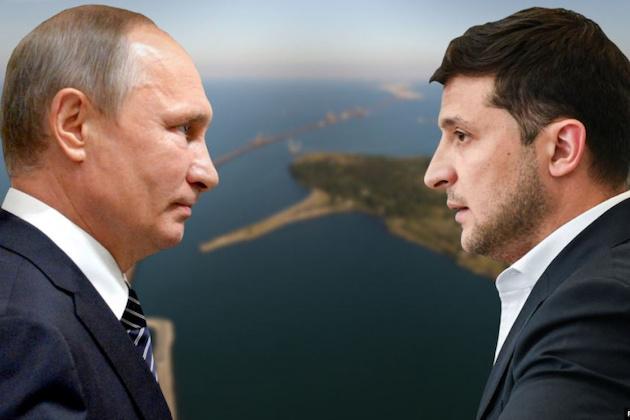Understanding the Impact of Russia-Ukraine Tensions on Global Economy and Trade

The situation you’ve described highlights the multi-faceted and far-reaching implications of the Russia-Ukraine conflict. Indeed, the conflict’s impact extends beyond the borders of the two countries involved, with potential consequences in various sectors worldwide. Here are some key points to consider:
Russia is a significant exporter of oil and natural gas, and any disruption to its exports could cause global energy prices to soar. This, in turn, can affect countries heavily reliant on Russian energy supplies, leading to energy security concerns. Other countries may seek to diversify their energy sources to reduce dependence on Russia, potentially leading to changes in energy policies and investments.
Geopolitical tensions and the risk of conflict can cause uncertainty in financial markets. Investors may seek safe-haven assets, leading to fluctuations in stock markets and currencies. An all-out war between Russia and Ukraine could trigger a global recession, impacting trade, investments, and economic growth worldwide.
Both Russia and Ukraine are crucial players in the global technology supply chain. Any disruptions to their manufacturing or supply capabilities could lead to delays in tech production and shortages of critical components. This can have a cascading effect on tech companies worldwide, potentially leading to increased prices and challenges in meeting consumer demands.
The conflict has led to shifting alliances and uncertainties in international cooperation. Countries are taking sides, and diplomatic relations are strained, which may have long-term implications for global politics and alliances. It may also raise questions about the effectiveness of existing global institutions in resolving conflicts and maintaining peace.
The conflict has resulted in a significant human toll, with civilian populations facing dire humanitarian conditions. Mass displacements, shortages of essential supplies, and human rights abuses are among the reported issues. The influx of refugees is also putting strain on neighboring countries, potentially leading to regional instability.
It’s important to note that the situation is highly complex and fluid, and developments may continue to unfold rapidly. Diplomatic efforts, international mediation, and humanitarian aid will be crucial in addressing the crisis and mitigating its impact on various sectors and populations. The international community will likely closely monitor the situation and collaborate to find peaceful resolutions while striving to protect human rights and stability.



